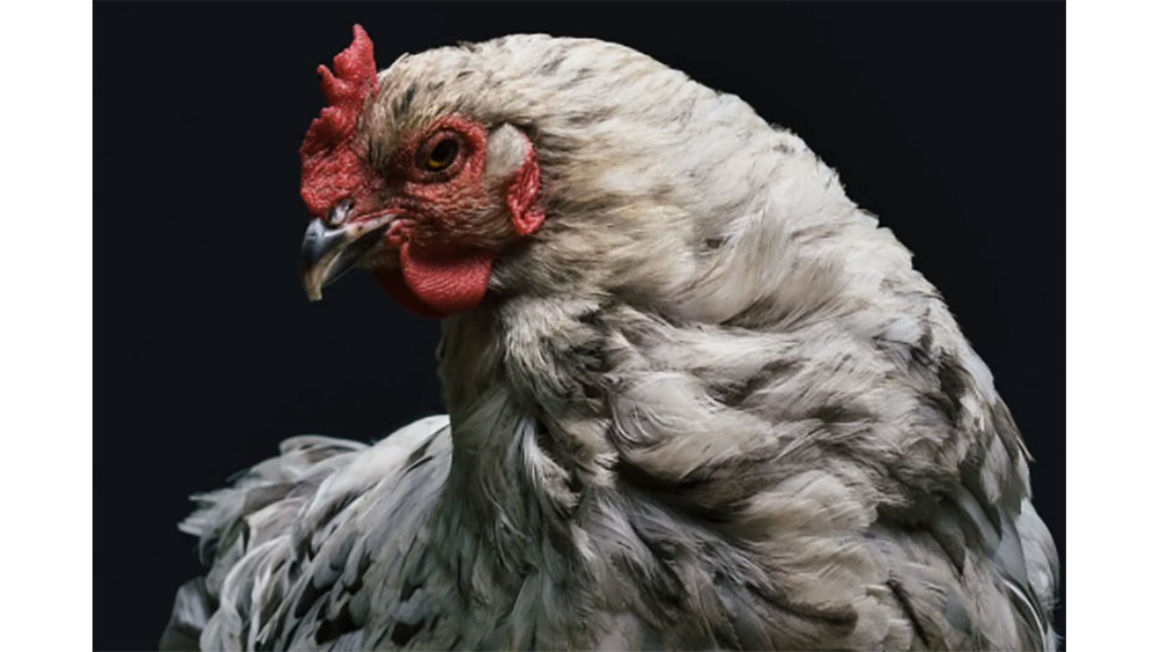
Dar es Salaam. The government said yesterday that it was planning to research the
battery cage of poultry farming in order to come up with actual reasons to affect accessibility to the international market.However, researchers said poultry keeping through the battery cage method violates animal rights and that the use of large quantities of drugs during the raising was another rejection factor.
As a result the United Kingdom and the European Union countries have begun banning eggs and poultry products raised via the battery cage system. Kenya, Uganda, Rwanda and Tanzania are now running a campaign to get rid of the system in order to benefit from the foreign markets as well as preserving and respecting the rights of animals in their respective countries.
All this was learnt yesterday during the East African Cage Free Chicken Conference that was organised by African Network For Animal Welfare (ANAW). The Veterinary Services and Animal Welfare assistant director from the ministry of Livestock and Fisheries Development, Dr Aneth Kitambi, said Tanzania has 87 million indigenous and improved chicken breeds higher than other EAC states.
“We need to research the cage system issue to prevent confusing and frustrating farmers. It was us who asked farmers to invest in the system and now we are calling for a gradual change,” she said, agreeing that the system violates the rights of animals. According to her, despite controlling diseases by 77 percent and increasing production of eggs and meat species, the EAC countries cannot go against the world demand.
The Animals Welfare Society (Aweso) executive director, Dr Thomas Kahema said research carried out in 12 regions found out that 3 percent farmers use the battery cage system, noting that many have started to like the structure.
He said raising chicken in the battery cage system prevents them from consumption of forage, bathing in dusts, building nests, flagging their wings and that different medicines provided affects end consumers.
For his part, ANAW executive director, Mr Josepat Ngonyo said most chickens are eaten by people in the world due to their richness in protein, noting that unfortunately breeders raise them in unfriendly environments that deny them freedom.
“Most African farmers opt for the battery cage system, but confining chicken in small areas and provision of a large amount of medicine is unfriendly to the health of consumers, that is why we are campaigning against,” he said.

No comments:
Post a Comment